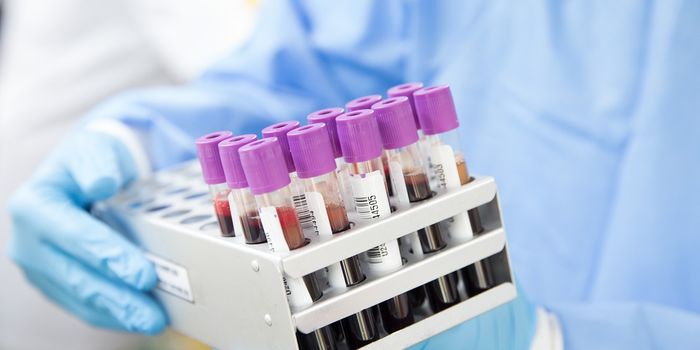Rare Genetic Disorder Successfully Treated for the First Time After a Groundbreaking In Utero Treatment
Infantile-onset Pompe disease is a rare genetic disorder. Those with infantile-onset Pompe disease begin showing symptoms shortly after birth, including muscle weakness, an enlarged heart, and excess glycogen in the organs.
Infants affected by the disease may present normally at birth, but within 3 months begin displaying health issues including a large, protruding tongue, problems feeding and swallowing, hearing loss, and a delay in the ability to roll over, sit up, and stand.
For the first time, infantile-onset Pompe disease has been successfully treated in a fetus. The case study, published in the New England Journal of Medicine, recounts how enzyme replacement therapy was used to treat a fetus identified as having the disease in utero.
The child was born after receiving six prenatal enzyme replacement treatments at The Ottawa Hospital and continues to receive postnatal enzyme therapy. Currently 16 months old, the child is reportedly healthy, has normal cardiac and motor function, and is meeting all developmental milestones.
Corresponding author Tippi MacKenzie, MD, says that “enzyme replacement therapy is a new frontier in the field of fetal therapy; it has been exciting to see it grow from a research project in my laboratory to impact the outcome for this family ultimately. UCSF is considered the birthplace of fetal surgery, and it is a special privilege for us to continue to expand the technologies and treatments available to help families facing a difficult diagnosis during pregnancy.”
Though Pompe disease itself is extremely rare (affecting less than 1/100,000 infants), this research has major implications for fetal therapies. “As new treatments become available for children with genetic conditions, we are developing protocols to apply them before birth,” says corresponding author Tippi MacKenzie, MD.
Along with infantile-onset Pompe disease, eight similar genetic disorders have received FDA approval for in utero enzyme replacement therapy. Two additional patients are currently enrolled in the clinical trial and are doing well so far.
Sources: National Organization for Rare Disorders, New England Journal of Medicine








